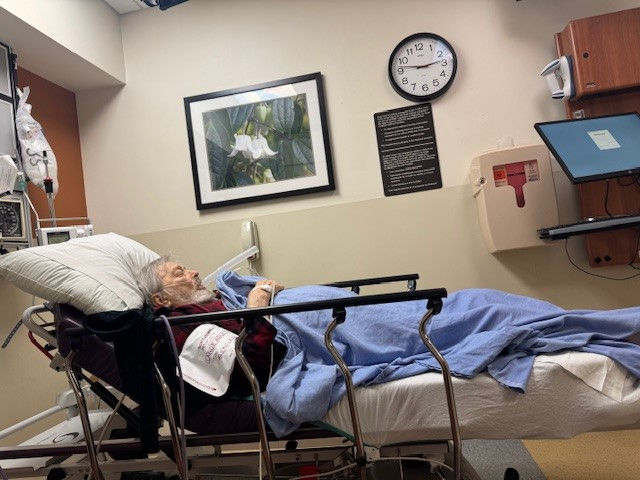Silos Are for Corn, Not Collective Decision Making
- Heidi Van Kirk
- 2 days ago
- 2 min read

Effective communication and transparency are crucial for successful collaborative problem-solving. Throughout the years, I have remained firm in my beliefs regarding siloed decision-making and initiatives aimed at public interest. In my role in community leadership, I frequently observe siloed efforts and isolated planning. I firmly believe that operating in silos fragments decision-making and hinders teamwork on complex challenges. This consistently results in wasted funding due to duplicated efforts, objectives not being achieved because egos overshadow sound policy and decision-making, and the most vulnerable community members, along with essential programs, suffering as a consequence. Even more concerning is that this isolated decision-making occurs in essential support areas, such as healthcare, education, parenting, and government. This presents a significant and urgent issue.
According to multiple sources, the basic mission of healthcare is to deliver clear and accurate information for optimal patient care. Medical specialists frequently operate independently due to specialized training, complex organizational hierarchies, and a focus on specific departmental objectives. This isolation can result in fragmented care and diminished communication and collaboration. Conflicting advice from various providers and specialists can cause confusion, distrust, and harm to patient outcomes which ultimately works against the basic mission of healthcare. However, leadership within healthcare organizations and insurance planning establishes rules and guidelines that encourage and necessitate siloed approaches to healthcare.
The same problem exist in community service organizations. Interorganizational collaboration is vital for community progress, promoting resource sharing, stronger relationships, and innovative solutions for effective and sustainable outcomes. Nonetheless, organizations often function independently or in "silos" for a variety of, and at times justified, reasons. However, operating in silos makes community organizations inefficient, duplicative, and uncoordinated, reducing their effectiveness in addressing community needs. The most intelligent leaders understand this, yet they often continue to make decisions in isolation. Why?
In a divided household, "silo parenting" is when parents work independently with little communication, leading to inconsistent rules and conflicting expectations for raising children. Most professionals agree this approach is detrimental to the child, but when co-parenting is not within the abilities of the parents navigating the divided household scenario, the same professionals may suggest solutions that reinforce the detrimental approach. For example, some experts recommend that households experiencing division should concentrate on making decisions tailored to their specific needs and circumstances, and stress the significance of identifying solutions that are effective for their respective individual households. In an era where mental health is severely declining, especially among young people, how can the guidance from the professionals we rely on be so contradictory? How can we protect our children if we can't maintain consistency in our professional advice?
These daily experiences clash with my belief system. The absence of sound advice or support, due to siloed decision-making and isolated conversations about my loved ones, has almost driven me to madness. Most days, I rely on my instincts, as this ensures consistent care for my family. Certainly, experts might not agree with my approach, but since they don't agree among themselves either, who are they to judge?

Comments